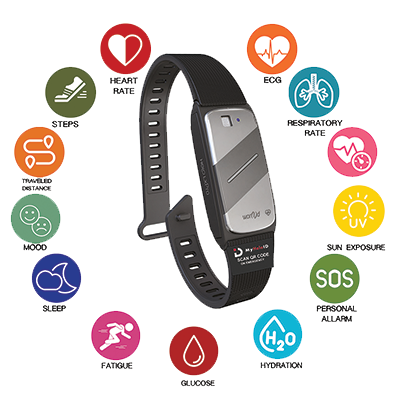The day recognizes that happiness is a fundamental human goal, and calls upon countries to approach public policies in ways that improve the well-being of all peoples.
This day was founded by Jayme Illien, and it was launched by the United Nations to inspire and mobilize the global happiness movement.
Scientific evidence suggests that being happy may have major benefits for your health.
Studies says that being happy can promote a healthy lifestyle, because happy people are more likely to eat healthier and they are more engaged in more health-promoting behaviors such as exercise.
It can also help keep your immune system strong and can help lower your blood pressure, because when people are happy tend to produce lower levels of cortisol in response to stressful situations. When you are stressed the levels of the hormone cortisol can increase, and it can cause weight gain, disturbed sleep and high blood pressure.
There are a number of ways to increase your happiness. Getting active, expressing gratitude and eating fruits and vegetables are all great ways to help improve your mood.
Being happy may have some other potential benefits, but the most important one is that it will make you live longer.
Fonte: https://www.healthline.com/nutrition/happiness-and-health




